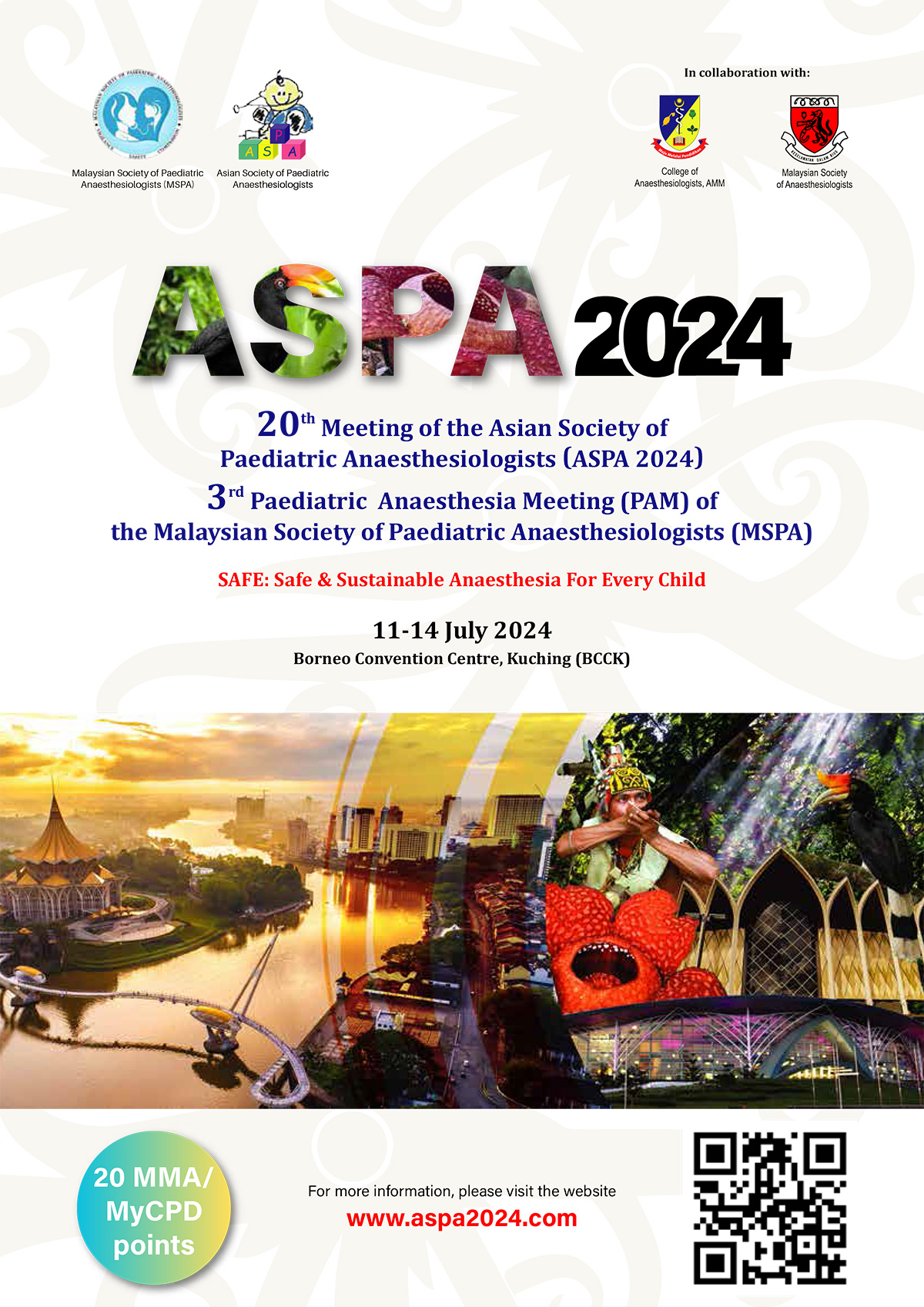Ketodex versus opioid based anesthesia in cleft palate
ketodex versus opioids in cleft palate
Abstract
Background & objective: Cleft palate is a congenital anomaly of the palate of the infants, and it may or may not be associated with cleft lip. The only remedy is surgical repair under general anesthesia. Postoperative pain relief in cleft palate repair surgery is very important to keep the infant or child calm and pain-free. It can only be achieved by use of analgesic drugs. We compared ketodex - a combination of ketamine and dexmedetomidine, versus opioid based anesthesia in cleft palate surgery as regards postoperative respiratory depression, need for oxygenation, and the emergence agitation.
Methodology: Fifty children, aged 6 months to 5 y, undergoing cleft palate surgery under general anesthesia, were randomly assigned to either ketodex group (Group KD) or opioids group (Group OP). Group KD received ketamine 1mg/kg loading dose followed by infusion @ 0.1 mg/kg/h, and dexmedetomidine loading dose 1 µg/kg followed by infusion @ 0.2 µg/kg/h], isoflurane anesthesia. Group OP received fentanyl in a loading dose of 2 µg/kg followed by infusion @ 0.5 µg/kg/h, followed by isoflurane anesthesia. Heart rate, mean blood pressure, emergence agitation, extubation time, FLACC score for pain, surgeons’ satisfaction, and the adverse effects were noted.
Results: Emergence agitation score was significantly lower in Group KD compared to Group OP. FLACC score showed insignificant difference between the two groups. There was no need for opioid administration in the PACU. Three patients in Group OP desaturated and needed oxygen supply. Incidence of vomiting was significantly higher in Group OP compared to Group KD (P = 0.022).
Conclusion: Ketodex used in opioid free anesthesia for cleft palate repair surgery in children provides adequate pain relief without respiratory depression, and is a good alternative of routine opioid based general anesthesia.
Key words: Ketamine; Dexmedetomidine; Opioids; Anesthesia; Recovery; Cleft Palate Surgery; Pediatrics
Citation: Mohamed MM, Abdelraof AF, Noser MA. Ketodex versus opioid based anesthesia in cleft palate. Anaesth. pain intensive care 2024;28(1):74-80; DOI: 10.35975/apic.v28i1.2239
Received: May 31, 2023; Reviewed: June 06, 2023; Accepted: January 02, 2024












